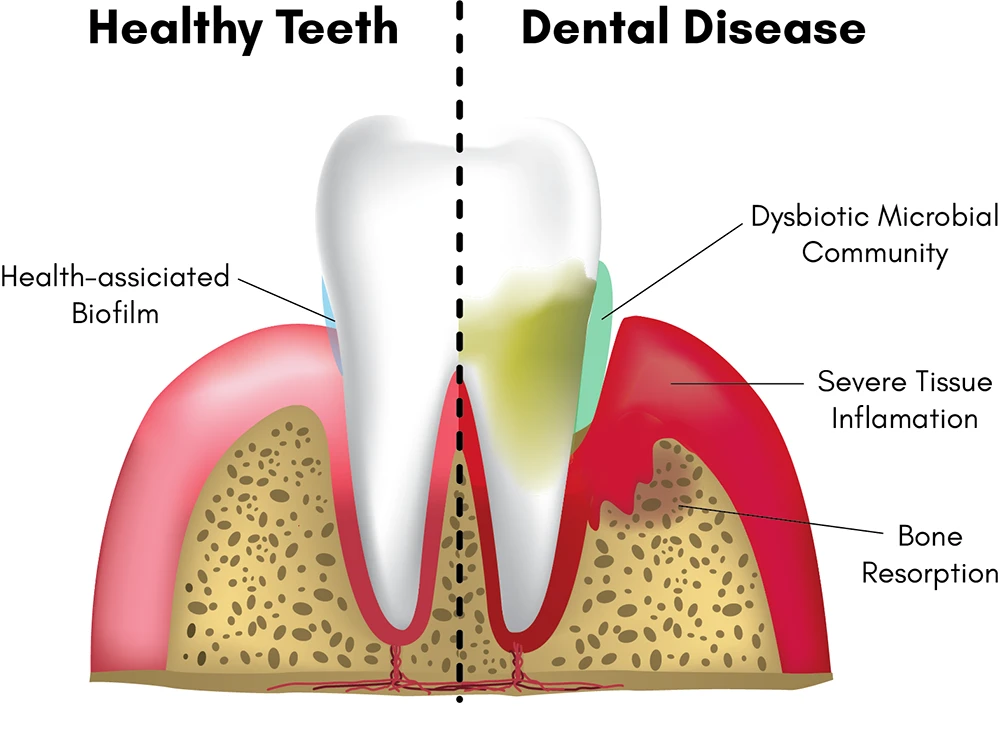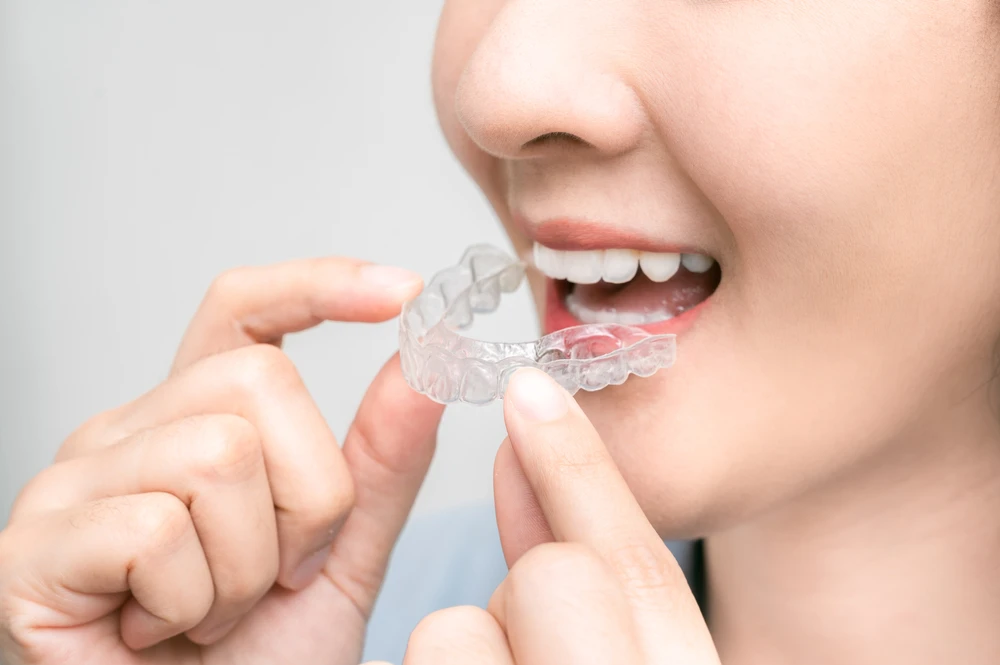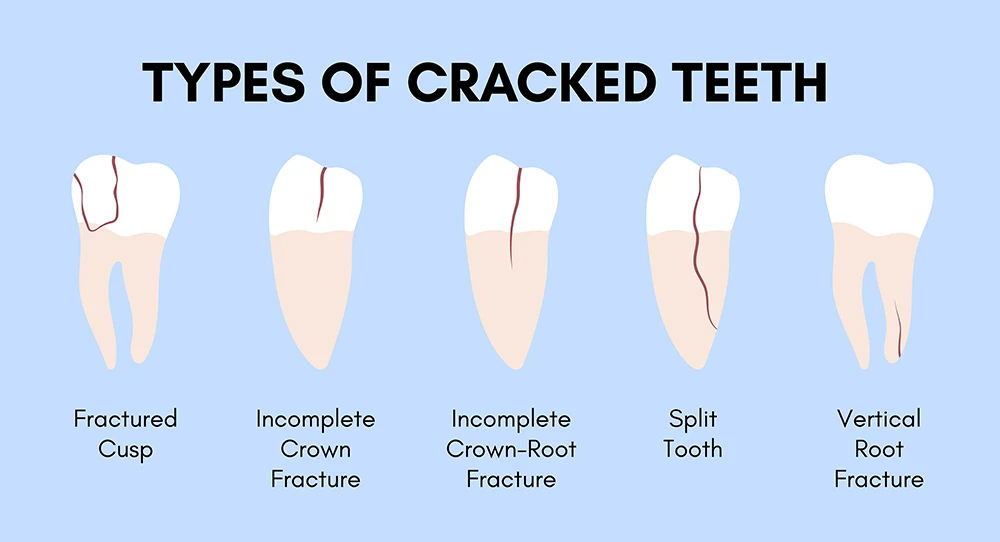Contributed by Dr Lynette Ng
Lemon water may sound like the ultimate health drink, but its acidity could be silently sabotaging your teeth. Enamel erosion and tooth sensitivity often go hand-in-hand with frequent acidic exposure; lemon water is just the beginning. Read on to learn more about how your daily habits might impact your dental health and what you can do to protect your smile.
1. I drink lemon water on an empty stomach in the morning for health reasons. Recently, my dentist told me to stop as it can erode my teeth. What should I do?

Your dentist’s advice to stop drinking lemon water is based on a valid concern. Citrus fruits, including lemons, have a low pH and are highly acidic. If consumed frequently and over time, the acid can erode the protective enamel on your teeth. Without enamel, your teeth become more vulnerable to decay, sensitivity, and staining.
Drinking lemon water on an empty stomach also allows acid from the lemon to come into direct contact with your teeth without any other food to buffer it. This can increase the risk of enamel erosion. When the enamel is exposed to acid, it temporarily softens, and brushing immediately afterward can further damage it.
What You Can Do:
- Drink Lemon Water Through a Straw: This minimises the contact the acidic liquid has with your teeth, reducing the risk of enamel erosion.
- Rinse with Water After Drinking Lemon Water: This helps neutralise the acidity and wash away any residual acid that may be lingering on your teeth.
- Wait Before Brushing: Wait at least 30 minutes before brushing your teeth. Brushing immediately after consuming acidic beverages can wear down the softened enamel. Waiting gives your enamel time to re-harden.
- Dilute the Lemon Water: Dilute concentrated lemon water by adding more water. The less acidic the mixture, the less impact it will have on your enamel.
- Limit Frequency: To reduce acid exposure, consider limiting the frequency or having it only once in a while instead of daily.
- Use a Tooth Mousse: If you continue drinking lemon water, consider using tooth mousse. It is a dental product containing casein phosphopeptide-amorphous calcium phosphate (CPP-ACP), a compound derived from milk proteins. It’s a topical gel designed to help remineralise and protect teeth and reduce acidity in the oral environment. This gel is placed all over the surfaces of your teeth after brushing at night and left on while you sleep. It also helps individuals with gastric reflux protect their teeth.
Alternative Health Practices:
If you’re drinking lemon water for its health benefits, there are alternative ways to achieve similar effects without risking your teeth:
- Warm water with a splash of apple cider vinegar: While still acidic, apple cider vinegar may be slightly less harsh on your teeth than lemon. However, it is still important to follow the same precautions, like drinking it through a straw and rinsing afterward.
- Herbal teas: Try herbal teas that are gentle on your teeth, such as green tea (without added sugar), which has numerous health benefits.
2. Why do my teeth feel increasingly sensitive when I eat ice-cream or take a cold drink?

Tooth sensitivity occurs when the inner part of the tooth, called dentin, is exposed.
Dentin contains microscopic channels (called dentinal tubules) that lead to the nerve inside the tooth. When these tubules are exposed, the nerves can be triggered by temperature changes or certain foods, like hot, cold, sweet, or acidic foods and drinks, causing pain or discomfort.
Common Causes of Tooth Sensitivity Include:
- Worn tooth enamel (Attrition): Enamel, the protective outer layer of the tooth, can wear away overtime due to things like brushing too hard or overusing whitening toothpaste. Such toothpastes contain small abrasive particles to remove external stains, which can easily wear away enamel.
- Teeth grinding at night, known as bruxism, is a major cause of attrition. Bruxism is a sleep-related movement disorder and is associated with stress. It cannot be controlled, and the effects are seen on the teeth through worn down enamel, chips and cracks. Forces during bruxism can reach as high as 80kg.
- Teeth Erosion: Acidic foods, such as lemon and frequent soda or sports drink intake, as well as medical issues like gastric reflux, pregnancy nausea, and bulimia, can cause the oral environment to become acidic. The acid can erode away the enamel, creating cup-like defects on the tooth surface. These defects are known as erosion.
- Gum recession: When gums pull back from the teeth, the roots (which aren’t protected by enamel) become exposed, leading to sensitivity. Gum recession can be caused by overbrushing. Further trauma can take away the exposed root to form an abrasion lesion, which is highly sensitive.

- Gum Disease: In severe gum disease, known as Periodontal Disease, the bacteria accumulates in the pockets of the surrounding gingival tissue, leading to inflammation. This inflammation can lead to bone loss and, in turn, gum recession.
- Tooth decay: Cavities or decay can also expose the dentin and lead to sensitivity. When a tooth has decay, it is also likely to feel sensitive to sweet food.
Treatment Options:
- Mouthguards: For those who grind their teeth, customised mouthguards can help prevent wear and tear on teeth

- Sports guards: They are similar but not the same as mouthguards. They are also customised but tend to be thicker and made of materials that can buffer against the blunt force trauma of contact sport tto prevent tooth fracture.
- Desensitising toothpaste: These toothpastes are helpful for cases of gum recession and help block the pathways to the nerves. Where there is an abrasion lesion or root defect, a small filling may be required to seal the dentine.
- Fluoride treatments: A dentist may apply fluoride to strengthen enamel and reduce sensitivity.
- Gum disease treatment: This process, known as root planing, cleans the root surfaces in the diseased pockets to bring about healing.
- Dental Fillings: A dental filling is required for tooth decay. The infected tooth structure is removed and replaced by a dental restoration commonly made of tooth-coloured resin. If left alone, the decay can progress to affect the tooth’s pulp, resulting in permanent pain and the need for a root canal.
- Dental crowns: In cases of widespread severe attrition and/or erosion, a full-mouth dental rehabilitation with crowns is needed to rebuild teeth, bite, and facial aesthetics.
3. Why do I feel sensitivity on a tooth when I eat? It does not always happen, and only at a certain angle at that particular tooth. Should I be worried?
Such sensitivity or even pain could signify you have a cracked tooth.
What is a Cracked Tooth:
A cracked tooth occurs when a fracture or split occurs in the tooth. The severity of the crack can vary from small cracks to deep fractures that may reach the tooth’s pulp.
Each time you bite in a particular angle that causes the crack to spread open, it triggers the nerve to cause sensitivity. This sensitivity would usually not disappear on its own. It tends to worsen in intensity or frequency over time as the crack worsens. The cracked tooth can also feel sensitive to hot and cold. A crack that is present over a prolonged period can appear stained.

Causes:
- Biting down on something hard: For example, chewing ice, hard candy, or nuts.
- Trauma: A blow to the mouth, such as an accident or contact sports like rugby.
- Bruxism (teeth grinding): Grinding or clenching your teeth, especially at night, can weaken the tooth and cause it to crack.
- Large fillings: Teeth that have been extensively filled may be more prone to fracture.
Treatment:
- Bonding or filling: A dentist can often repair the crack with a filling or bonding material if it is small.
- Crown: A dental crown may be placed for larger cracks to protect the tooth and restore its function. The crown encapsulates the tooth and prevents the crack from worsening.
- Root canal: If the crack extends to the tooth's pulp, you will start to feel lingering sensitivity or even a
toothache. A root canal might be necessary to remove infected tissue and save the tooth. - Extraction: In extreme cases where the tooth is too damaged or has completely split into 2, extraction might be required. The missing tooth space can be replaced with a dental implant or a dental bridge.
If you’re experiencing tooth sensitivity, visiting a dentist for an evaluation and treatment plan is a good idea. Dental treatment is often inexpensive. It is the delay that results in more complicated treatment and costs



